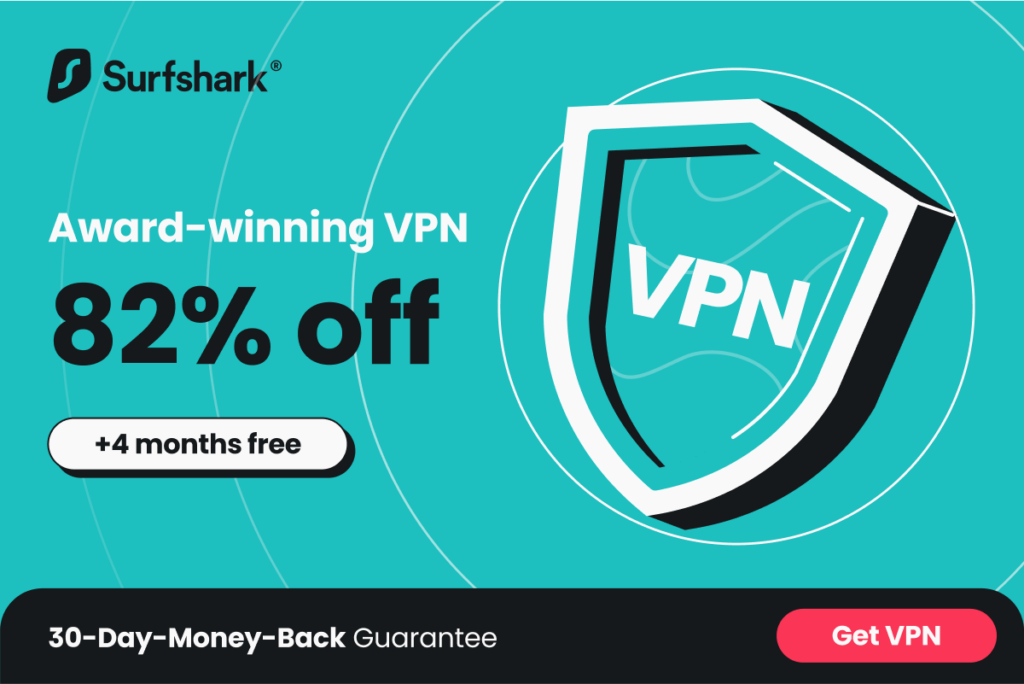Introduction: The Importance of VPNs and Restricted Content
In today’s digital age, accessing restricted content has become a common challenge for internet users around the world. Whether it’s streaming services, social media platforms, or websites blocked by governments, the need to bypass these restrictions has led to the rise in popularity of Virtual Private Networks (VPNs). VPNs provide a secure and private connection to the internet, allowing users to access restricted content and bypass censorship.
The reasons behind content restrictions vary. Governments may block certain websites or social media platforms to control the flow of information and maintain their authority. Streaming services may restrict access to their content based on geographical locations due to licensing agreements. Whatever the reason may be, VPNs have become an essential tool for individuals who want to access restricted content and enjoy a truly open internet.
Understanding VPN Blocks: How They Work and Why They Exist
VPN blocks, also known as VPN censorship or VPN filtering, are mechanisms put in place to prevent users from accessing the internet through a VPN connection. These blocks work by detecting and blocking VPN traffic, making it difficult for users to bypass content restrictions. VPN blocks can be implemented by governments, organizations, or even streaming services.
The reasons behind VPN blocks can vary depending on the entity implementing them. Governments may block VPNs to control the flow of information and prevent citizens from accessing content that goes against their ideologies or threatens their authority. Organizations may block VPNs to protect their networks from potential security threats. Streaming services may block VPNs to enforce regional licensing agreements and prevent users from accessing content that is not available in their geographical location.
Common VPN Blockers: Identifying the Obstacles to Unblocking Restricted Content
There are several common VPN blockers that prevent users from accessing restricted content. These blockers include firewalls, geo-restrictions, and IP blocking.
Firewalls are security measures implemented by organizations to protect their networks from unauthorized access. They can detect and block VPN traffic, making it difficult for users to bypass content restrictions. Geo-restrictions are implemented by streaming services and websites to limit access to their content based on geographical locations. They can detect the user’s IP address and block access if it does not match the allowed regions. IP blocking is a technique used by governments and organizations to block specific IP addresses associated with VPN servers, preventing users from accessing restricted content.
Choosing the Right VPN: Key Features to Look for When Selecting a VPN
When selecting a VPN to bypass VPN blocks and access restricted content, there are several key features to consider. These features include encryption, server locations, and speed.
Encryption is a crucial feature that ensures the security and privacy of your internet connection. Look for a VPN that offers strong encryption protocols such as AES-256, which is considered to be highly secure. Server locations are also important as they determine the geographical locations you can access. Choose a VPN that has servers in the regions you want to access restricted content from. Speed is another important factor to consider, especially if you plan on streaming or downloading large files. Look for a VPN that offers fast and reliable connections to ensure a smooth browsing experience.
Configuring Your VPN: Setting Up Your VPN to Bypass Blocks and Access Restricted Content
Setting up your VPN to bypass VPN blocks and access restricted content can be done by following a few simple steps. Here is a step-by-step guide to help you configure your VPN:
1. Choose a VPN provider: Research and choose a reputable VPN provider that meets your needs in terms of security, server locations, and speed.
2. Download and install the VPN software: Visit the VPN provider’s website and download the software for your device. Follow the installation instructions to set up the VPN on your device.
3. Connect to a VPN server: Launch the VPN software and choose a server location that allows you to access the restricted content you want. Click on the connect button to establish a VPN connection.
4. Test your connection: Once connected, visit a website or streaming service that was previously restricted. If you can access the content, then your VPN is successfully bypassing the VPN block.
Advanced Techniques: Tips and Tricks for Evading VPN Blocks
In addition to the basic configuration steps, there are advanced techniques that can help you evade VPN blocks and access restricted content. These techniques include obfuscation, split tunneling, and double VPN.
Obfuscation is a technique that disguises VPN traffic as regular internet traffic, making it difficult for VPN blocks to detect and block it. Split tunneling allows you to route some of your internet traffic through the VPN while allowing other traffic to bypass the VPN. This can be useful if you only want to access restricted content through the VPN while maintaining a faster connection for other activities. Double VPN, also known as multi-hop VPN, routes your internet traffic through multiple VPN servers, adding an extra layer of security and making it even more difficult for VPN blocks to detect and block your connection.
Troubleshooting: Common Issues and How to Fix Them
While using a VPN to bypass VPN blocks, you may encounter some common issues. Here are a few troubleshooting tips to help you fix them:
1. Connection issues: If you are unable to establish a VPN connection, try switching to a different server location or protocol. Some VPN providers offer multiple protocols that may work better in certain situations.
2. Slow speeds: If you are experiencing slow speeds, try connecting to a server location that is closer to your physical location. You can also try switching to a different VPN protocol or contacting your VPN provider for assistance.
3. IP blocking: If you are unable to access restricted content due to IP blocking, try connecting to a different server location or using a VPN server that offers dedicated IP addresses.
Legal Considerations: Understanding the Risks and Consequences of Bypassing VPN Blocks
It is important to understand the legal considerations when bypassing VPN blocks. While using a VPN to access restricted content is not illegal in most countries, there are some risks and consequences to be aware of.
In some countries, the use of VPNs is strictly regulated or even banned. Engaging in activities that go against these regulations can result in fines, imprisonment, or other legal consequences. Additionally, bypassing VPN blocks may violate the terms of service of certain websites or streaming services, which could result in the suspension or termination of your account.
Staying Safe and Secure: Best Practices for Protecting Your Online Privacy While Bypassing VPN Blocks
While bypassing VPN blocks, it is important to prioritize your online privacy and security. Here are some best practices to help you stay safe and secure:
1. Choose a reputable VPN provider: Research and choose a VPN provider that has a strong track record in terms of security and privacy.
2. Enable kill switch: A kill switch is a feature that automatically disconnects your internet connection if the VPN connection drops. This prevents your real IP address from being exposed.
3. Use strong passwords: Create strong and unique passwords for your VPN account and other online accounts to prevent unauthorized access.
4. Keep your software up to date: Regularly update your VPN software and other applications to ensure you have the latest security patches.
Conclusion: Unblocking the Unbypassable and Enjoying Unrestricted Access to the Internet
In conclusion, VPNs have become an essential tool for accessing restricted content and bypassing VPN blocks. By understanding how VPN blocks work and choosing the right VPN with the necessary features, you can enjoy unrestricted access to the internet and bypass content restrictions. By following best practices for staying safe and secure, you can protect your online privacy while enjoying the benefits of a VPN. With the right knowledge and tools, you can unblock the unbypassable and enjoy a truly open internet.
If you’re looking for ways to bypass VPN blocks, you might find this article on VPN Investigation helpful. It provides insights into CyberGhost VPN and its effectiveness in bypassing restrictions. Check out their review here: https://vpn-investigation.com/cyberghost-review/.




